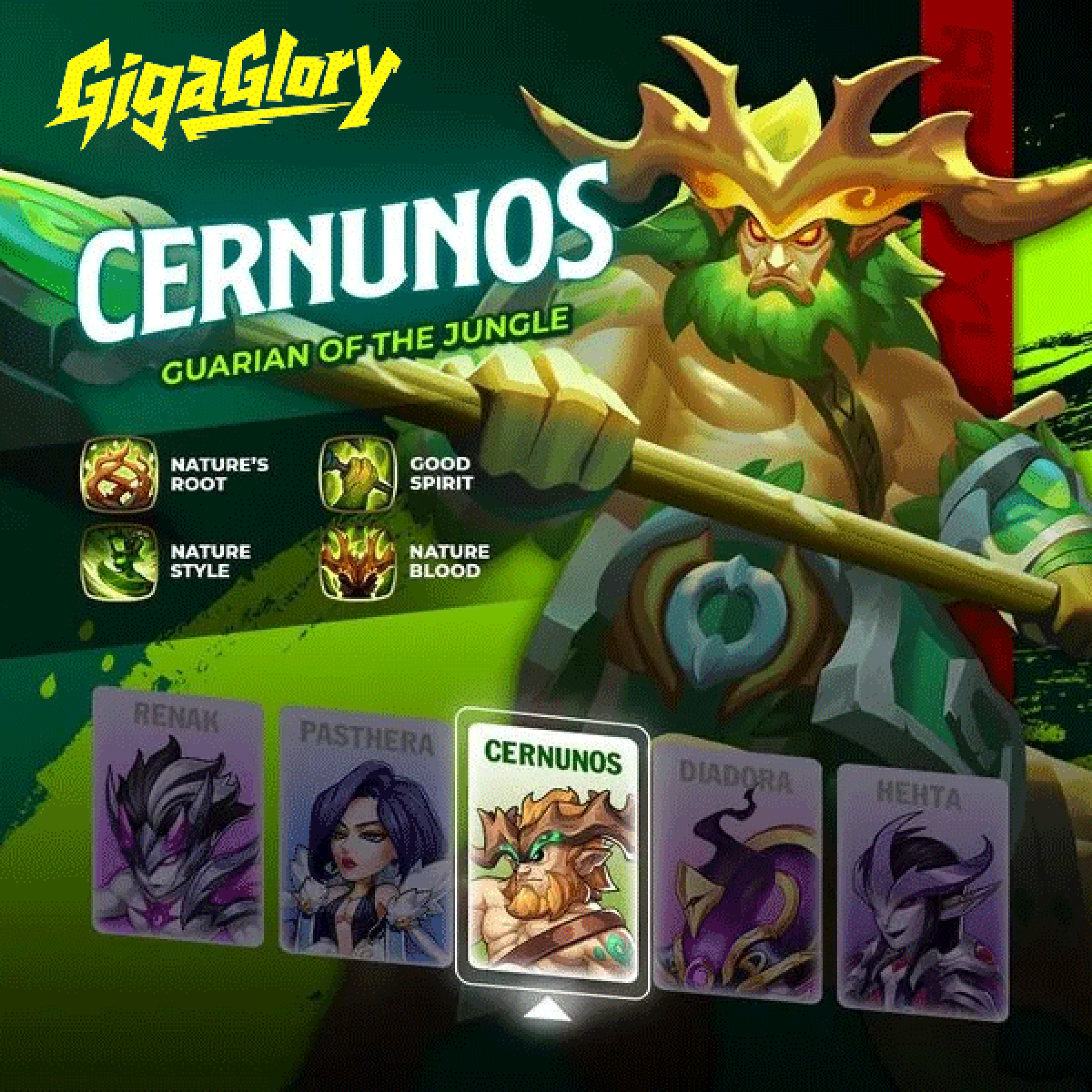How MMORPGs Transform the Landscape of Turn-Based Strategy Games
The fusion of MMORPGs (Massively Multiplayer Online Role-Playing Games) with turn-based strategy games is an evolving narrative that captivates gamers worldwide. This interplay not only redefines gameplay mechanics but also shifts how players perceive strategy and cooperation within the gaming universe. In this article, we explore how MMORPGs are reshaping the turn-based strategy genre and what this means for players and developers alike.
Understanding MMORPGs and Their Core Elements
MMORPGs offer vast worlds, social interactions, and immersive storylines. Unlike traditional video games, MMORPGs allow players to interact with countless others while embarking on quests, fighting monsters, and enhancing their characters. The basic elements of MMORPGs include:
- Open Worlds: Expansive environments with rich lore.
- Character Development: Progression through experience points and skill enhancement.
- Cooperative Gameplay: Players team up to overcome challenges.
- Economy and Trade: In-game trades and resources are significant.
Defining Turn-Based Strategy Games
Turn-based strategy games require players to plan their moves carefully, often resembling chess. Players take turns making decisions, leading to a more thoughtful approach to gameplay. Here are some notable features:
- Strategic Planning: Players must anticipate opponent moves.
- Resource Management: Usage of resources is critical to victory.
- Combat Tactics: Positioning and unit abilities matter.
The Intersection of MMORPGs and Turn-Based Strategy
As developers seek to innovate, the blending of MMORPGs with turn-based strategy brings fresh dynamics. Players are not just representatives of their characters, but also strategists crafting plans in a cooperative world.
Enhanced Player Interactions
Friendships forge in MMORPGs, thus enhancing team synergy in strategic games. Players discuss and decide on tactics, adjusting orthodox methods for victory.
Example: Monster Boy and the Cursed Kingdom
One striking example is Monster Boy and the Cursed Kingdom, which incorporates elements resembling turn-based strategies while allowing a vibrant multiplayer experience.
The Evolution of Game Mechanics
The infusion of MMORPG elements offers unique mechanics like:
- Real-time event responses.
- Character classes affecting strategy.
- Dynamic quests linked with gameplay mechanics.
Cross-Promotion of Genres
When MMORPGs and turn-based games coalesce, it opens the door for cross-promotion that can enhance market presence. Gamers intrigued by one genre are encouraged to explore the other, expanding audiences for both types of games.
Case Study: PS1 Delta Force
The legacy of classic games like PS1 Delta Force shows how style and innovation thrive when genres cross paths. It combines tactical gameplay with a flourish that attracted players from various backgrounds.
Creating New Gameplay Experiences
Incorporating MMORPG elements into turn-based games revamps traditional formats, providing players with:
- Multiple outcomes based on team actions.
- Variety of skills to choose from.
- Real-time decision making during turns.
Community Building and Social Aspects
Communities thrive in MMORPG settings. Gamers collaborate while strategizing, thus fostering not only individual skill development but also tight-knit groups with shared goals.
Visual and Artistic Expression
The artistic freedom in MMOs offers a different aesthetic compared to traditional turn-based games, utilizing vibrant graphics and imaginative designs that appeal to a broader audience.
Table: Key Features Comparison
| Feature | MMORPGs | Turn-Based Strategy Games |
|---|---|---|
| Player Base | Massively Multiplayer | Single or Small Group |
| Gameplay Style | Real-Time Interaction | Turn-Based Mechanics |
| World Size | Expansive | Defined Levels |
| Community Engagement | High | Moderate |
Potential Future Trends
As technology advances, we can expect more seamless integration where turn-based strategies incorporate live events characteristic of MMORPGs. The concept of asynchronous gameplay may extend to various other genres, leading to an interesting fusion.
Strengthening Strategic Depth
Players in these merged genres require not only a firm grasp on tactics but also an understanding of teamwork, creating nuanced gameplay experiences that are less common in traditional roles.
Conclusion
The interplay between MMORPGs and turn-based strategy games is reshaping how gamers interact, strategize, and enjoy gameplay. As developers continue to innovate and integrate features, we can anticipate exciting advancements that engage both genres' communities. The collaborative spirit from MMORPGs and strategic depth from turn-based games will likely lead to experiences richer than ever before. Ultimately, this transformation invites players into a world that champions cooperation and clever planning, setting a thrilling precedent for what’s to come in the gaming industry.



